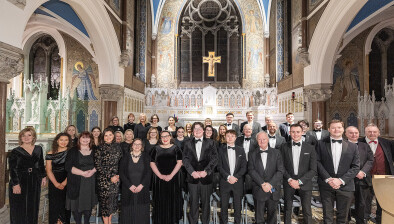NI: Models of devolution subject of Lady Hale speech

The text of Lady Hale’s speech delivered in Edinburgh in June has been published.
The speech, Devolution and the Supreme Court – 20 years On, was delivered at the Scottish Public Law Group 2018 in the Signet Library last month.
Lady Hale looks at the different models of devolution adopted by Northern Ireland, Scotland and Wales.
Referring to the Miller case, the judge notes that the Supreme Court held that the consent of the devolved legislatures was not required.
“Basically, as had been held years ago by the Privy Council in Madzimbamuto v Lardner-Burke, constitutional conventions are not law in the usual sense. Hence, the policing of the scope of the Sewel convention and the manner of its operation did not lie within the constitutional remit of the judiciary which is to protect the rule of law (para 151).”
On the UK’s constitutional arrangement she says: “I think that the only conclusion I can draw is that devolution of legislative- as opposed to executive – power turns the United Kingdom Supreme Court into a genuinely constitutional court. As members of the Judicial Committee of the Privy Council, we were familiar with this role in the context of the Commonwealth Constitutions with which we have to deal. But there are some special features to UK devolution which are different – not least because the UK Parliament retains, in theory at least, its full legislative competence. But we have now had sufficient experience of devolution cases to have worked out some principles which operate reasonably consistently across the different parts of the United Kingdom despite the different models adopted. Hopefully, these do not now cause too much discontent within the devolved jurisdictions. Indeed, it could be that it is within the different regions of England that more discontent may be felt, but that’s another question.”







